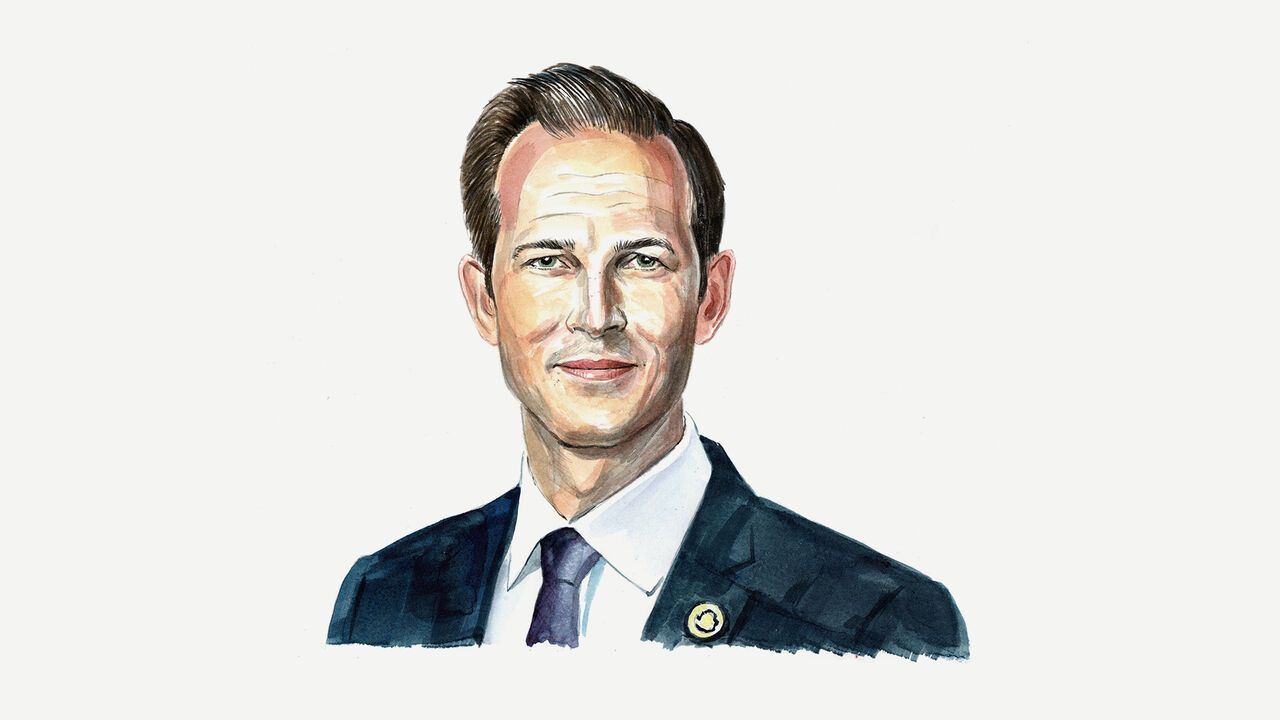To understand America today, study the zero-sum mindset, writes Stefanie Stantcheva
Young people and city-dwellers are among those most likely to see one group’s gain as another’s loss

LOOK at the news or social media these days, and you might see a pattern. Stories are about groups in conflict, competing for limited resources, with the gains for some framed as losses for others. If China benefits from trade with America, America must lose. If foreign students enroll at American universities, that must mean fewer spots for Americans. If immigrants find work, they must be taking jobs from citizens. If a diversity initiative helps women or a racial minority, someone else must be left out. More and more, debates are shaped by a mindset that sees the world as a fixed pie—where one person’s or one group’s gain is another’s loss. That mindset is known as zero-sum thinking. And it is crucial to understanding the politics and economics of America today.
Explore more

Vinod Khosla on how the anti-green agenda could help climate tech
The key will be to develop technologies at prices attractive to China and India

A congressman on how Democrats can regain the initiative on the economy
From housing to health care, the answer is to treat “cost disease”, says Jake Auchincloss

The best check on Fed politicisation is fear of being judged a failure, says Richard Clarida
To install a loyalist, Donald Trump will have to overcome barriers in the courts, in Congress and in markets
This is Europe’s Manhattan Project moment, argues a tech boss
NATO’s front line needs more money, says Gundbert Scherf, but just as important is smarter technology
The UN’s dysfunction undermines global security, argue Ban Ki-moon and Helen Clark
The organisation should not be held hostage by a few powerful states
H.R. McMaster on how to play the inconsistencies in Trump’s worldview
Look past the rhetoric, and the time is right to strengthen the transatlantic alliance

